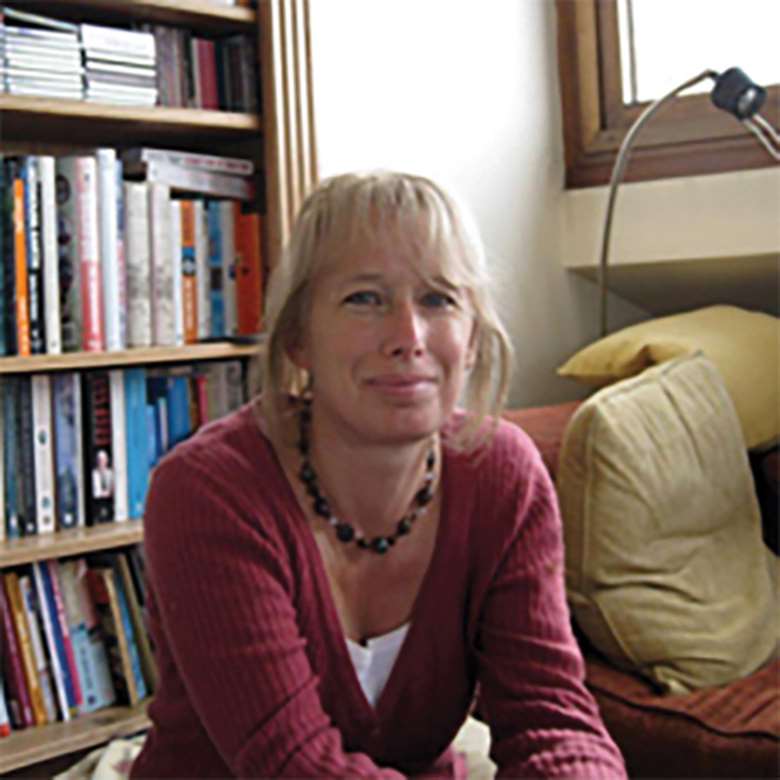Stop, pause, reflect and repeat
Helen Lincoln
Friday, August 12, 2022
During the pandemic my team were fortunate enough to lead a DfE-funded project, to identify best practice in a pandemic, alongside the University of Birmingham and Anglia Ruskin University, plus five other local authorities and their children in care councils.

We were trying to make sense of how to do social work in conditions none of us had ever faced, and hopefully will never face again. This was an incredible piece of work; but it is not always easy to accurately evaluate everything you are experiencing when you are in the middle of an incident.
The health crisis, caused by the virus, may not yet be over but most of us have moved on in our behaviour and thinking, and life and social work practice are returning to a new normal. So, now is a good time to stop, pause and reflect, and check out the narratives we created to describe our experience.
Indeed, last week Ofsted published its reflection on the impact and recovery from the pandemic on our systems, children and their families. In the East of England we began our annual self-evaluation of children’s services; a really important tool to help us re-focus on regional priorities and, by coincidence, we held our own stop, pause and reflect moment in Essex – Taking the heat out of the system.
I just want to share two things from the last of these.
Like most of you, we experienced an increase in the number of children entering the care system. We all know the impact the lockdowns had on families, and especially teenage children who were stuck and experiencing adverse impacts on their mental wellbeing. Our narrative was that this had created lots of additional complexity in our work and had caused the care system to ‘run hot’, with a significant increase in the care population.
We found that our story was only partly accurate: we did have more teenagers in the system, and many had more complex needs, but the increase in the teenage group was largely due to an increase in separated migrant children arriving from war-torn regions of the world.
A really valuable conversation followed about what had changed for children, and how we and our partners were holding worries, meeting need, and managing risk in the family home. So this event really helped us - to refocus our thinking from the ‘problem’, to an appreciation of the quality of practice being delivered by social workers working with children on the edge of care, in what have been testing circumstances.
The other thing I wanted to mention from the day is a reflection that we have a lot of really important policy developments to absorb and adjust to over the next 18 months: the Schools White Paper; SEND and AP Green Paper; the Care Review; new domestic abuse legislation; recommendations from IICSA and the National Panel, to mention just a few.
We know this will take a considerable amount of leadership, staff time and energy to manage effectively, while maintaining the quality of practice. Finally, we will need to remember to take time to stop, pause, reflect and keep conversations alive on taking the heat out of our system.
Helen Lincoln is eastern regional representative for the Association of Directors of Children’s Services and director of children, families and education at Essex County Council. This blog was first published on the ADCS website.




